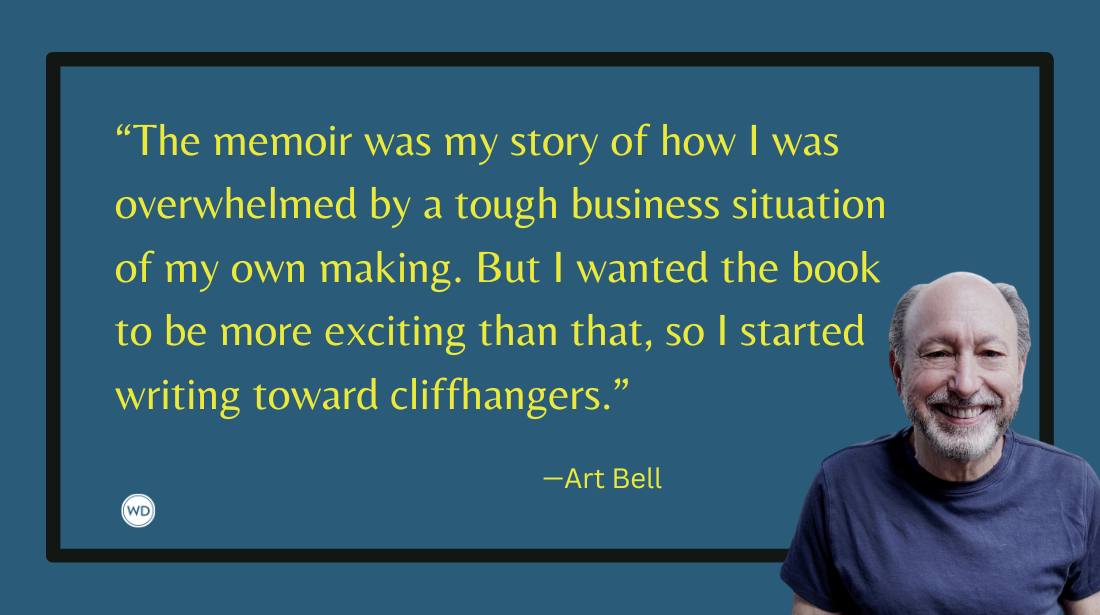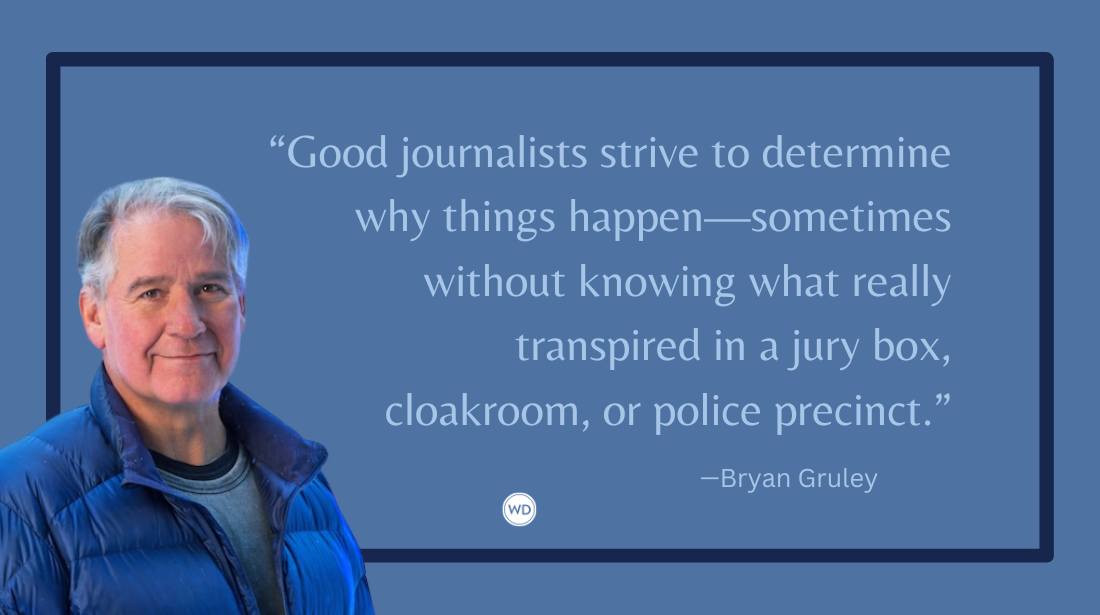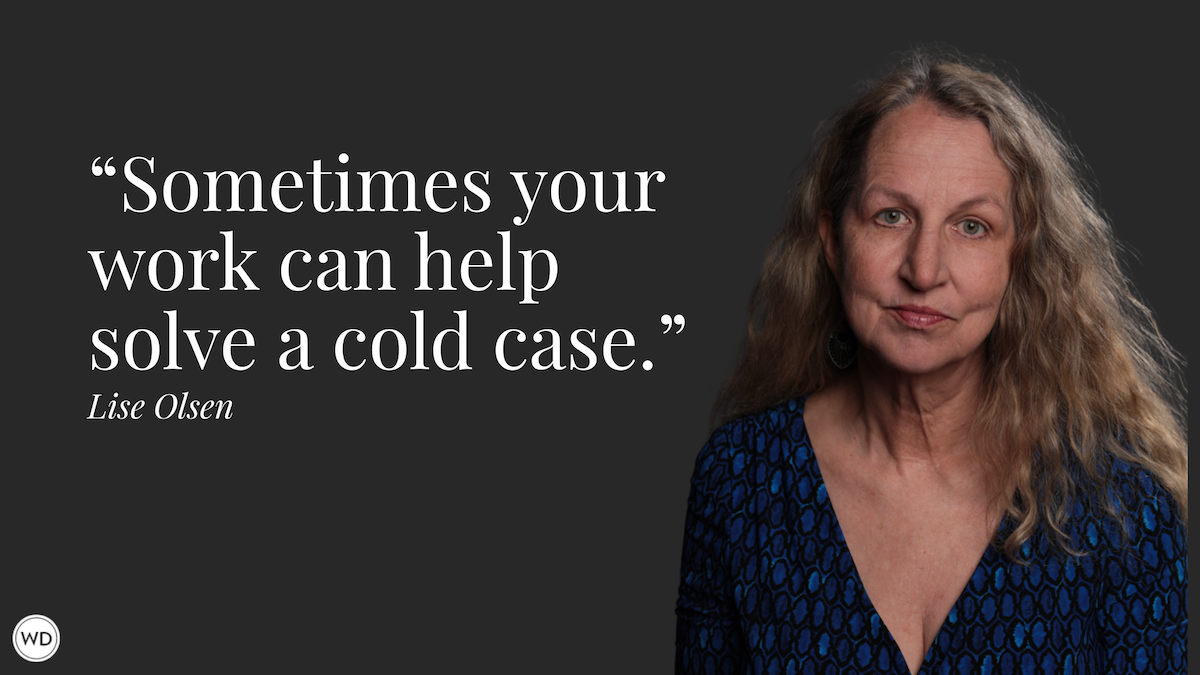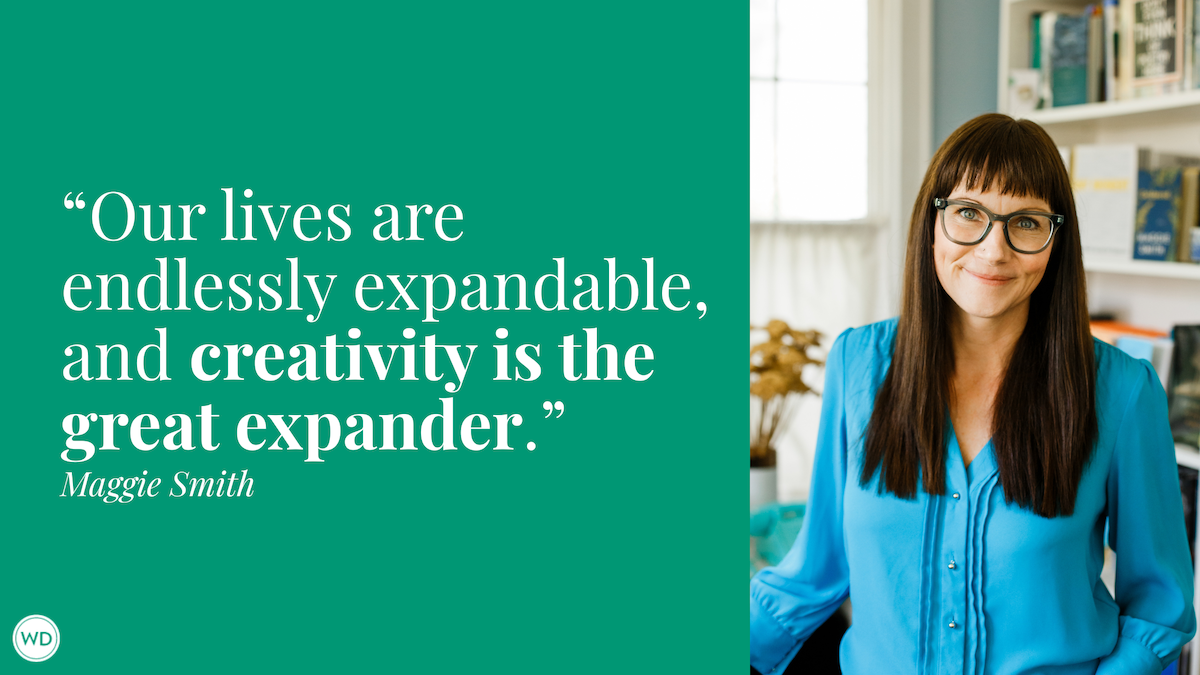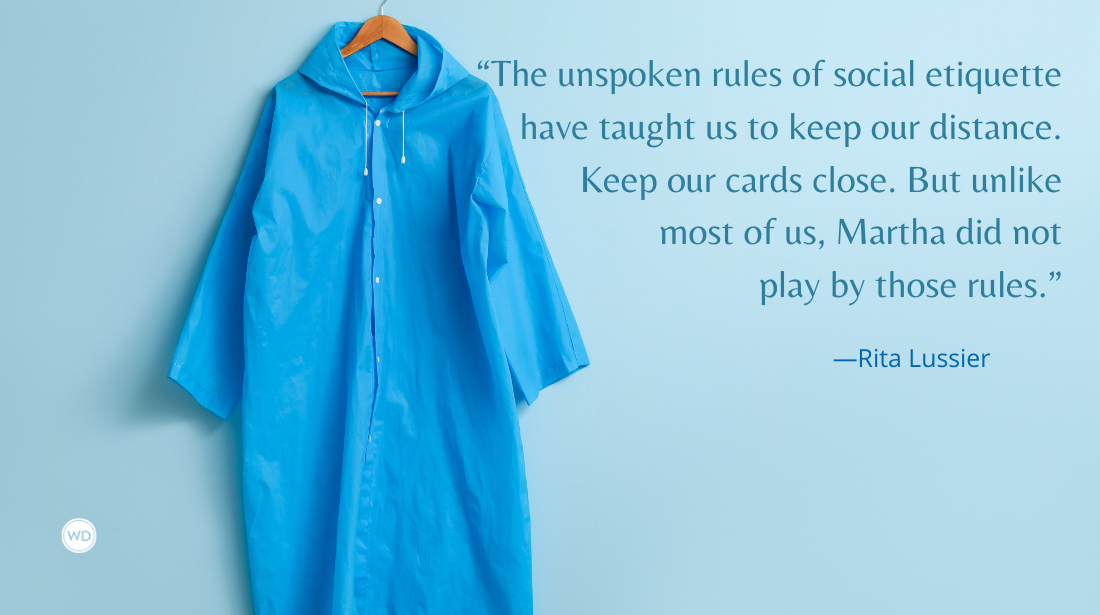7 Reasons You Should Consider Publishing Personal Stories
Personal writing might sometimes feel too private to publish—but documenting your low points can rocket your byline to the top.
I began my first feature journalism class in 1993 by asking my students to write a “humiliation essay,” three pages revealing their most humiliating secret. I was so immediately blown away by all of the brave, beautiful, intimate essays they handed in—and, later, by how many of those wound up selling for publication—that it soon became my signature assignment. It’s tough to argue with results: Over the last 20 years, this assignment has led to more than 1,000 wise, well-crafted first bylines for my students.
So when I penned a New York Times column a few months ago confiding my specific “rules” for enhancing these very personal pieces, I thought I was sharing helpful secrets for breaking in to a tough biz. I was surprised when my own three-page essay touched off a firestorm. More than 300 readers left negative comments about how much they hated confessional writing and even the memoir genre as a whole—calling it self-indulgent, a cheap and overused literary form, self-exploitative.
—by Susan Shapiro
The thing is, despite what you may sometimes hear, readers across the board still want and in fact love to read personal writing—bestseller lists show millions of memoirs sold every year. Aspiring writers who desperately want to be published understand what laymen breezing through the national paper of record don’t: The chance to get paid for a big byline has been dwindling—along with newspaper and magazine pages—for a decade. And my experience has shown that when it comes down to it, the humiliation essay is one of the best ways to beat the odds and break in.
In my class, the rules are: 1) Chronicle your worst obsession. 2) Lead the least secretive life you can. 3) Embrace the uncomfortable fact that the first piece you write that your family hates is likely a sign that you’ve found your voice.
Here’s why the apparently incendiary humiliation essay is a great way to jump-start any writing career.
1. IT CAN BE THE FASTEST WAY TO THE TOP.
When was the last time you saw someone who hasn’t been published before get a byline for a feature-length news story, theater review or profile prominently displayed in a major newspaper or magazine? Probably never. Yet my students of all ages have debuted provocative personal essays in The New York Times, Newsweek, Harper’s Magazine, The Washington Post, Los Angeles Times, New York magazine, Slate, Salon, Self, Elle and Marie Claire. People want to read them and top editors want to print them, often on a daily basis. Sixteen spots that fall under The New York Times umbrella alone publish personal essays from freelancers, including the new online Townies and Anxiety columns.
2. DOORS OPEN.
One fantastic, compelling clip can get you a literary agent or book editor for your novel or memoir—or even a full-time job. A dynamite 1,500-word New York Times Modern Love piece on how hiking helped her recover from an assault helped my 22-year-old student Aspen Matis get seven agents and editors requesting her memoir. After 26-year-old Alex Miller’s piece on how he became a homeless veteran appeared in Townies in The New York Times, he was offered a hospital job, which he took. Dr. Drew interviewed Dorri Olds about her Townies piece on how Facebook suggested she befriend her rapist. Judy Batalion wound up on Anderson Cooper discussing her Salon essay on her family’s hoarding past. And Katie Anne Naylon’s funny New York Press take on how she’d run a phone sex ring in college while still a virgin became the Focus Features movie For a Good Time Call …
3. IT’S AN EQUAL-OPPORTUNITY GENRE.
Rich white guys might still dominate certain bestseller lists and editorial jobs, but that’s not the case with essay columns. Novices often worry they’ll have little chance if they’re too young, too old, from a minority, gay, politically radical or out of the mainstream. Yet first-person pieces require only a great story and the ability to tell it well. In fact, the more varied your background, the better; these editors prefer weird, dramatic, exotic and idiosyncratic tales to boring life slices on how much you enjoy your spouse, parents or children.
4. IT PAYS.
One of my students earned $4,000 for 2,000 words in Self magazine (originally pitched as “How I Cured My OCD With Prayer”) that led to a six-figure memoir deal. One of my colleagues netted $10,000 from Glamour for 5,000 words (pitched as “I Found My Husband’s Lovers on His Computer After He Died”) that led to a bestselling book. I’ve even had a few outrageous essays optioned by film producers—as the joke goes, Hollywood execs prefer to read the whole story in 900 words.
5. THERE AREN’T ANY RESEARCH OR TRAVEL COSTS.
An interview requires access to the subject, phone calls to set things up, transportation and transcription. A film review requires contact with a publicist to get into a screening, a pitch letter and an advance assignment. For this essay, all you need is emotional bravery, time, and access to a computer.
6. IT’S THERAPEUTIC.
Here’s a way to turn the worst thing that ever happened to you into the most beautiful. It can be difficult to relive awkward, painful moments from your past. But as Joan Didion said, “I write entirely to find out what I’m thinking.” In good personal essays, you don’t play victim, reciting a litany of woes. You question, challenge and reveal yourself. Tackling unresolved issues can offer emotional closure, inspiring you to delve further within yourself (and saving you money on therapy).
7. NO DEGREE, JOB EXPERIENCE OR PREVIOUS CLIPS REQUIRED.
I’ve helped both teenagers and adult students from many nonwriting fields break in. Kenan Trebincevic, a Bosnian-born physical therapist, feared that English as his second language and a science degree with no writing background would hold him back. Yet his essay—about how friends and neighbors betrayed his Muslim family during the Balkan War—wound up in the Times’ Lives column, in The Best Travel Writing 2012 anthology and with a William Morris Endeavor agent and a Viking editor (for a memoir I’m now co-authoring).
Before committing to a two-year graduate writing program or completing 300 pages of a book, consider starting with 900 words. Nothing fuels a love for the craft more than the thrilling reward of your first major byline and seeing firsthand how three pages can change your life.
*********************************************************************************************************************************
Follow me on Twitter: @BrianKlems
Check out my humor book, Oh Boy, You're Having a Girl.
Sign up for my free weekly eNewsletter: WD Newsletter
Brian A. Klems is the former Senior Online Editor of Writer’s Digest, and author of Oh Boy, You’re Having a Girl (Adams Media/Simon & Schuster). Follow him on Twitter @BrianKlems.




